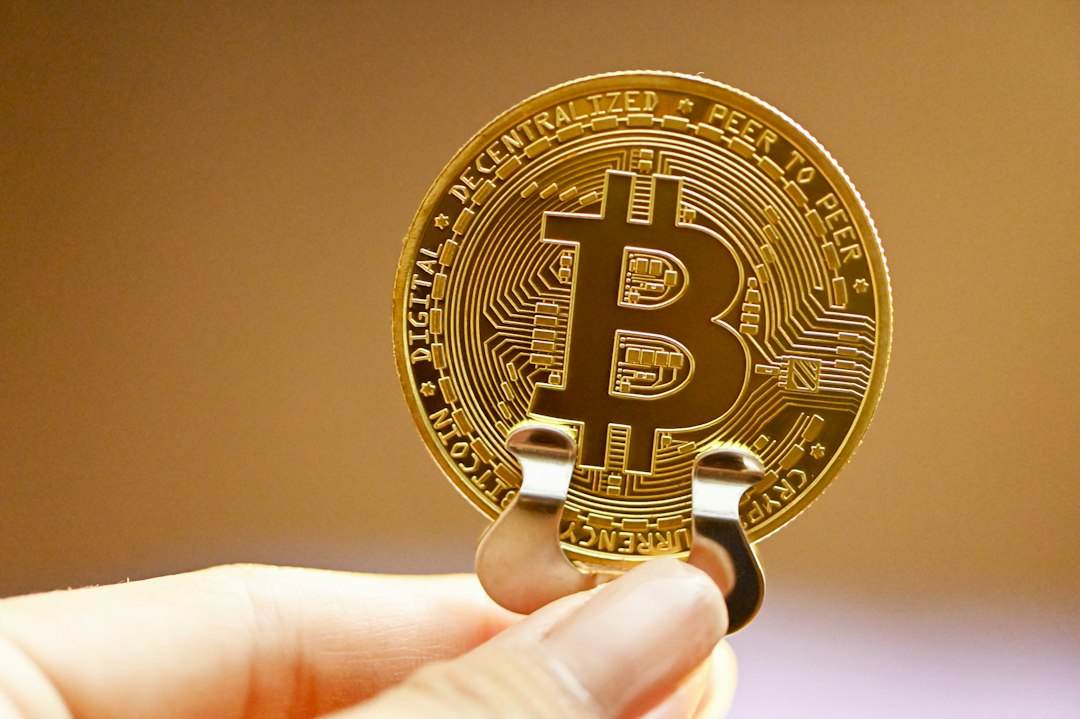Cryptocurrency Companies Call for Withdrawal of FinCEN’s Mixing Transaction Rules
A letter has been sent to the Financial Crimes Enforcement Network (FinCEN) by a group of 26 cryptocurrency companies, including Samourai Wallet, River, Strike, Swan, and others. The letter criticizes the proposed rules introduced by FinCEN in October regarding mixing transactions in the cryptocurrency space. The companies argue that the rules are “overbroad” and encompass lawful activities, requesting that FinCEN withdraw its proposal.
Concerns Over the Validity of Proposed Rules
The co-signers of the letter express concerns over the potential burdensome impact of the rules on blockchain security practices. They claim that the rules would hinder the use of valid security measures for privacy-related objectives. The letter states that employing techniques such as mixing to safeguard digital assets is routine and lawful, similar to using two-factor authentication.
No Need for Additional Reporting Duties
The letter also argues that FinCEN does not need to impose additional reporting duties on companies already reporting suspicious transactions. The co-signers point out that this data is readily available on public blockchains. They believe that covered financial institutions should not be obligated to serve as law enforcement officers in order to facilitate FinCEN’s investigations.
Hot Take: Samourai Wallet Urges Withdrawal of FinCEN Rules on Mixing Transactions
In a joint effort, several cryptocurrency companies have written to FinCEN expressing their concerns and requesting the withdrawal of the proposed rules on mixing transactions. These companies, including Samourai Wallet, River, Strike, Swan, and more, argue that the rules are overly broad and encompass lawful activities. They highlight the potential negative impact on blockchain security practices and assert that techniques such as mixing are routine and lawful for safeguarding digital assets. The co-signers also stress that additional reporting duties are unnecessary, as the required data is already available on public blockchains.





 By
By
 By
By
 By
By
 By
By
 By
By
 By
By